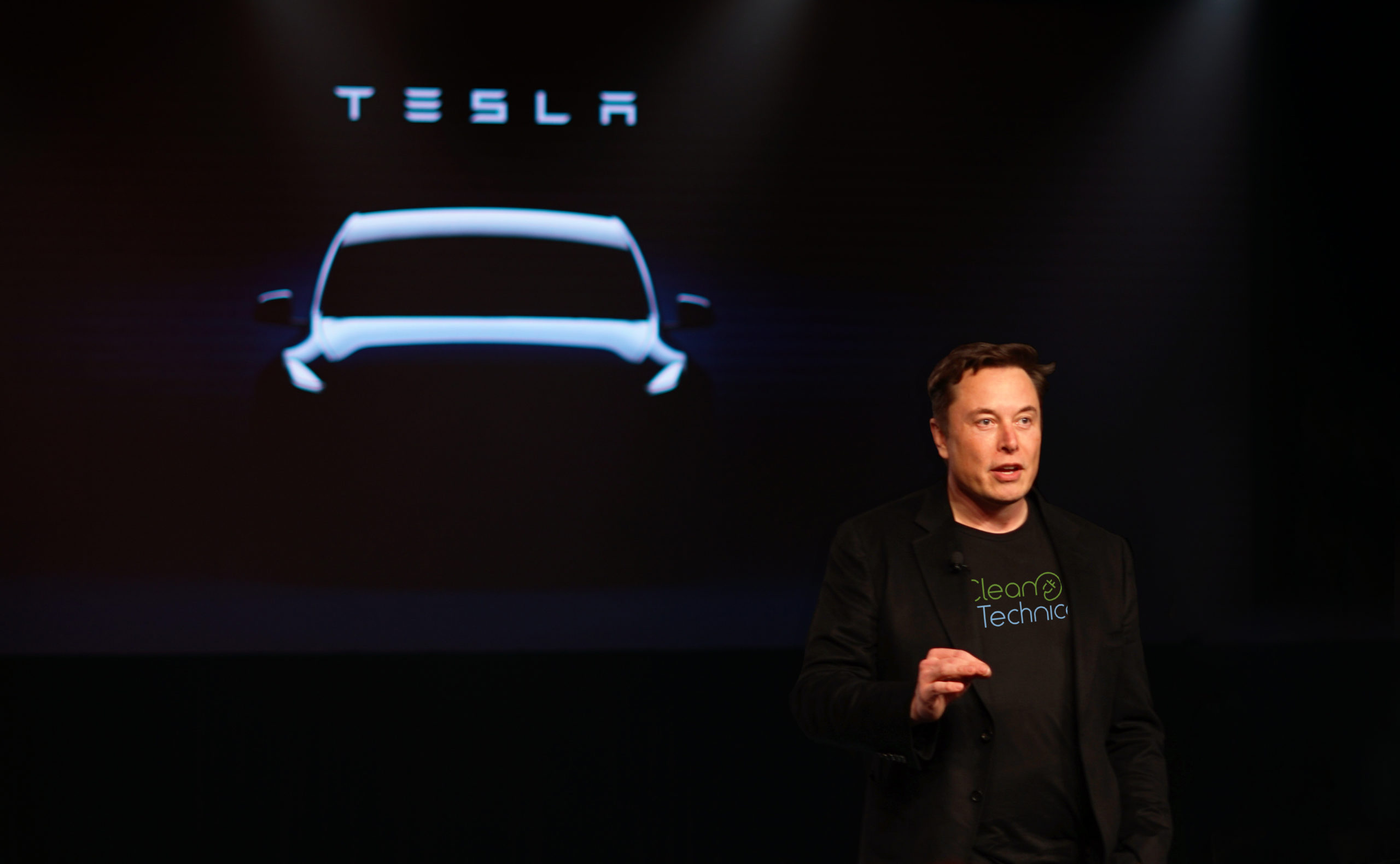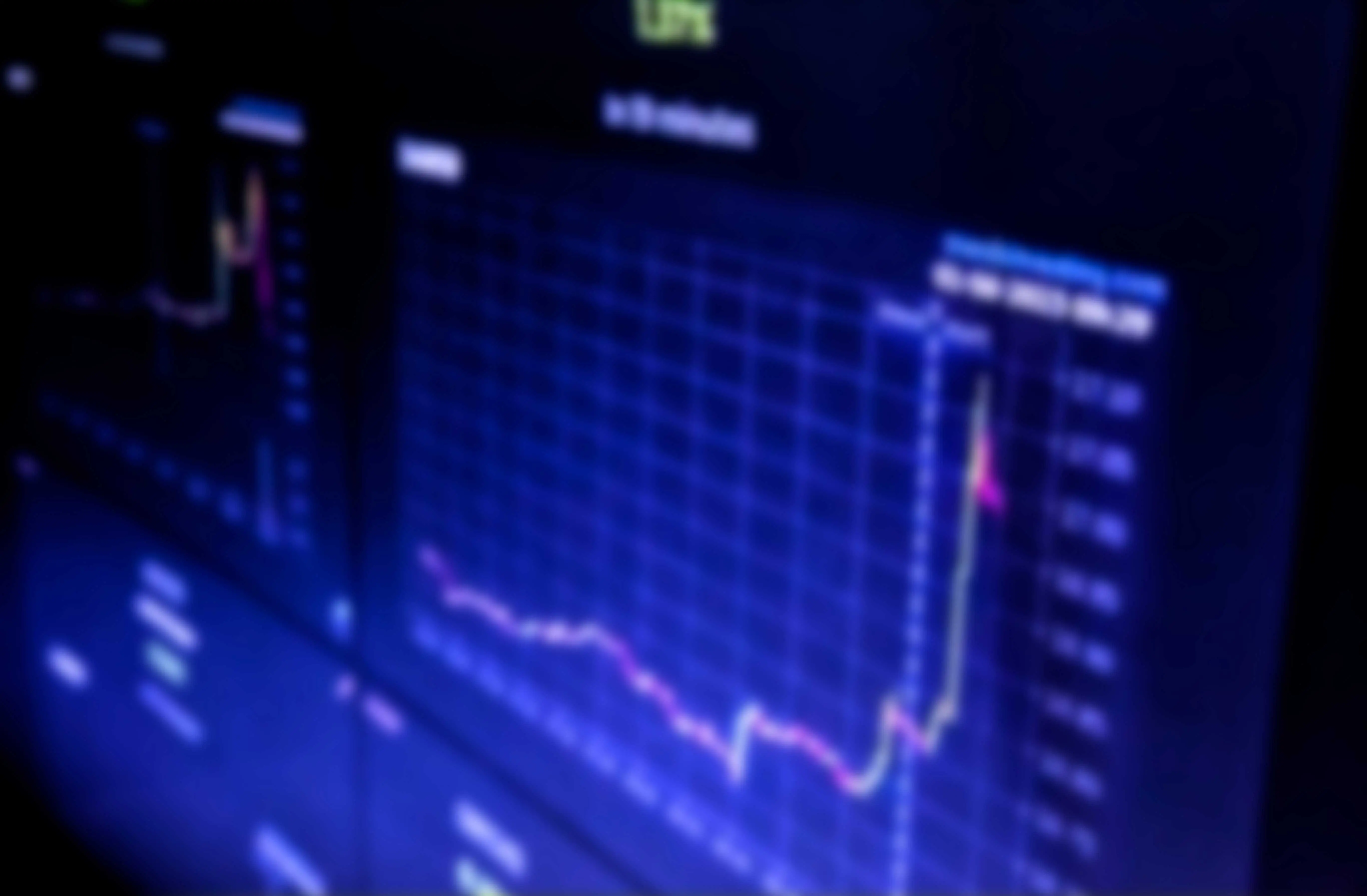Sign up for daily news updates from CleanTechnica on email. Or follow us on Google News!
Is mercurial Elon Musk merely acting out childhood fantasies in his adulthood? Is he an antisemitic scapegoater? Or perhaps he’s a calculating prodigy who can turn shrewd business acumen on and off? He’s absolutely a rare duck, that’s for sure, and many pundits are ready to offer their particular theory of what makes Musk behave in his own inimitable way.
The new Walter Isaacson biography of Elon Musk has everyone talking and speculating about the motive behind the man. Clearly, Elon Musk has had remarkable public successes to which few can even aspire. SpaceX, founded in 2002 to revolutionize space technology, became the first private company to send a spacecraft to the International Space Station. Tesla’s all-electric vehicles have transformed the auto industry forever. A combination of intellect, drive to innovate, social detachment, genius, and idealism places Musk among others like Thomas Edison and Steve Jobs, whose history-making accomplishments set them apart from other humans, as explained as well by Quirky author Melissa Schilling.
Yet there is also the business fiasco of Musk’s Twitter takeover and the constant scrutiny his companies receive from different government agencies for various reasons — never mind all those controversial tweets, which extend from “pedo guy” to his attacks on the ADL with much in between.
So, what makes Musk tick, anyway?
David Brooks is fascinated by a theory in which a childhood fascination with science fiction, computer games, and comics continues to pervade Elon Musk’s adult view of reality. “In that world,” the New York Times opinion columnist explains, “Musk seems to have been gripped by a story just as fervently as a religious person is gripped by a holy book.” A background of paternal emotional abuse, loneliness, and being bullied was likely the impetus for Musk’s “sense of existential insecurity, which could induce in some a lifetime of self-doubt or in others a manic ambition to prove the bastards wrong — to earn love, significance, and safety.”
Childhood trauma is also known as adverse childhood experiences (ACEs) in the medical and academic world. Research indicates that ACE survivors tend to deny the negative impact their adversities have on their wellbeing (especially if it was inflicted by their parents) and construct a false self-image to cope. To Brooks, Musk — like many people — tells a story about his life and then comes to live within that story. “You can’t know who you are,” according to Brooks, “unless you know how to tell a coherent story about yourself.”
Of course, more than one behavioral theory exists to interpret the CEO of Tesla, SpaceX, X, the Boring Company, and other corporations. David Austin Walsh, author of the forthcoming book Taking America Back: The Conservative Movement and the Far Right, suggests that it is no stretch to “imagine that an immensely wealthy businessman — one who strongly believes in his own messianic mission to uplift humanity and who is facing intense and sustained public criticism over his politics and business acumen for the first time in decades — might conclude that nefarious forces are at work to undermine him.”
Such a self-justifying conspiracy theory worldview means that Musk applies subversive alternatives to a typical establishment narrative. This theory of Musk attributes societal problems to small groups of people rather than systemic causes. As such, it is a way to blame tragedies, disasters, and social problems on the actions of a maligned few rather than to draw attention to the inherent limitations of social systems.
Then again, Musk is referred to as a transhumanist by Jason Thacker, chair of the Ethics and Religious Liberty Community. The transhumanist theory of Musk describes him as having the drive “to improve upon evolution’s current iteration of humanity or be left behind by the rise of sophisticated machines.” Musk, accordingly, would seek to transcend humanity’s frailty through the use of technological upgrades or even ultimately by the uploading of minds and discarding of the body.
The concern that emerges from this perspective, Thacker warns, is what these “upgrades may do to our social order when some humans have implants or upgrades and others do not. The potential for inequality and designer humans are enormous.” Does Musk possess the deep ethical reflection necessary to weigh issues ranging from bias to debates over digital privacy?
“Having thrust himself, uninvited and often unwanted, into public consciousness, he is everywhere at once — an omnipresent, Orwellian Big Brother whose smirking visage is inescapable,” says Andrew Carnegie biographer David Nasaw. This theory extends Musk’s conscious construction of the self as “a method to his clownish madness.” Because he recognized earlier than most the business model in which social media not only sells products, “the once-in-a-generation innovator” contradicts the “carefully cultivated and projected images of stability, consistency, maturity” of Andrew Carnegie, J.P. Morgan, and John D. Rockefeller. Instead, he “inhabits a world in which it is almost taken for granted that great fortunes are built on attacks on competitors, the employment of nonunion labor, and favorable deals with Washington.”
With his purchase of Twitter, his poop emojis no longer seem radical. Instead, he “can freely promote his genius and his companies, advance his libertarian credos and conspiracy theories, troll his growing list of enemies, tell his bad jokes and feed the daily fears and doubts and hatreds of the not-so-merry band of fans who, very much like him, have lost faith in all other sources of intellectual, moral, and cultural authority.”
The scary truth around this theory is that Musk can use his own social media platform to segregate and demonize ideological boundaries, to label those whose worldviews differ from his version of 21st century capitalist urgency as suspect, to be critiqued and censured.
And what of Walter Isaacson, the most recent Musk biographer who has us all reframing Musk in more nuanced ways than ever before? After 95 episodic mini-chapters, Elon Musk is a treatise about a human powerless over his own impulses. But how could such a person achieve such massive power? This “man-child” has a tragic flaw: he fully lacks empathy. It is something that Isaacson describes as a “gene” that’s “hard-wired.” This becomes a theory of Musk in which much is “in Musk’s nature,” while other aspects of contemporary interpersonal interactions are “not in his nature.”
Musk, according to Isaacson, adheres to a self-proclaimed proverb: “The only rules are the ones dictated by the laws of physics. Everything else is a recommendation.” Perhaps Isaacson also sees Musk as more of a transhumanist. If Musk, in fact, cannot engage in empathy, then what future is there with an innovator who is attempting to connect human beings to one another? And do we want a notoriously cruel boss to be the one designing technology that will change the way humans interact? It’s one thing to engineer cars and rocket ships; it’s something else to guide one of the largest social media platforms on the planet.
“What can be done to make AI safe?” Musk asked Isaacson. “I keep wrestling with that. What actions can we take to minimize AI danger and assure that human consciousness survives?”
Have a tip for CleanTechnica? Want to advertise? Want to suggest a guest for our CleanTech Talk podcast? Contact us here.
EV Obsession Daily!
I don’t like paywalls. You don’t like paywalls. Who likes paywalls? Here at CleanTechnica, we implemented a limited paywall for a while, but it always felt wrong — and it was always tough to decide what we should put behind there. In theory, your most exclusive and best content goes behind a paywall. But then fewer people read it!! So, we’ve decided to completely nix paywalls here at CleanTechnica. But…
Thank you!
Tesla Sales in 2023, 2024, and 2030
CleanTechnica uses affiliate links. See our policy here.





